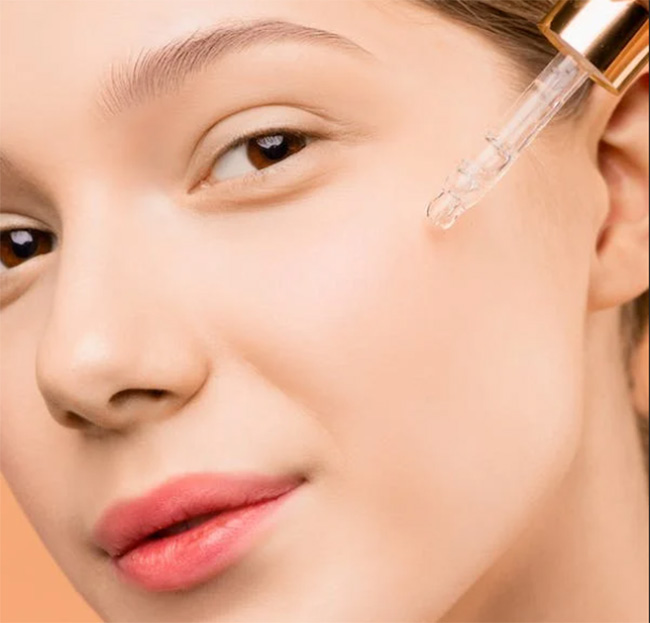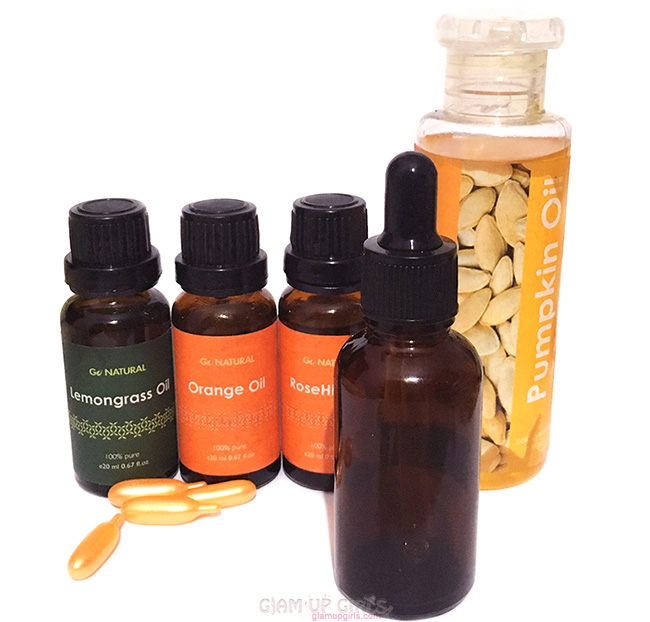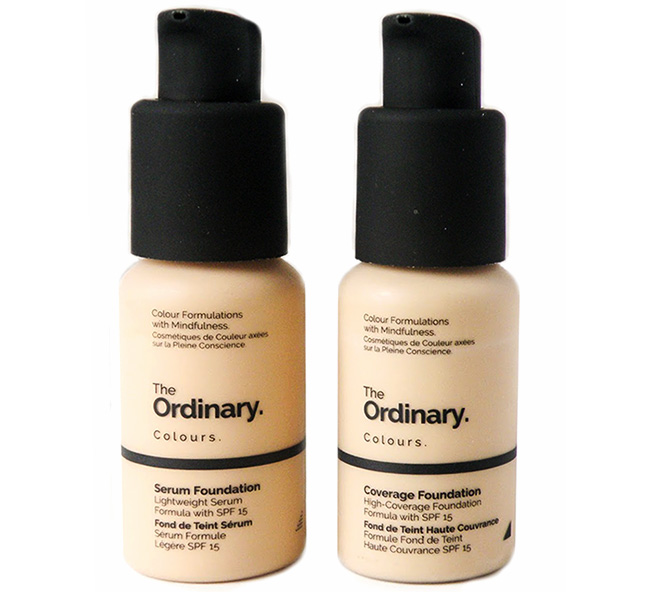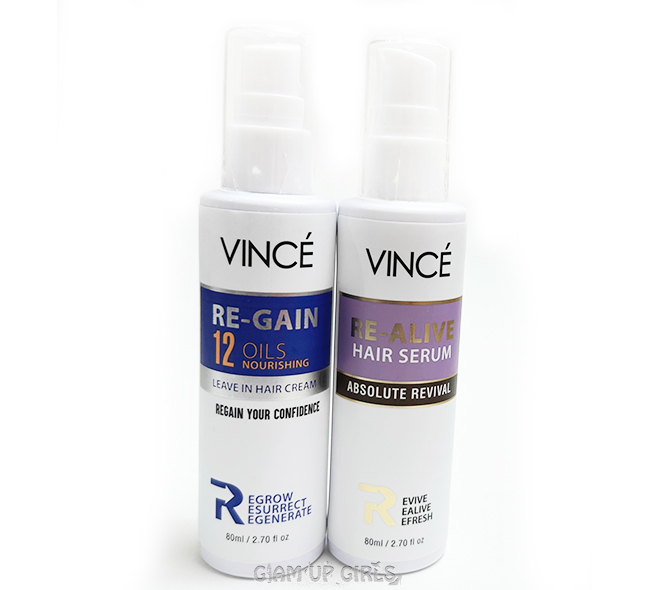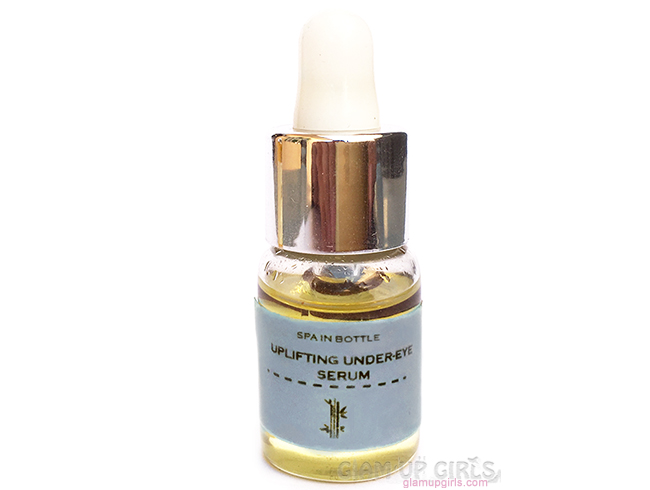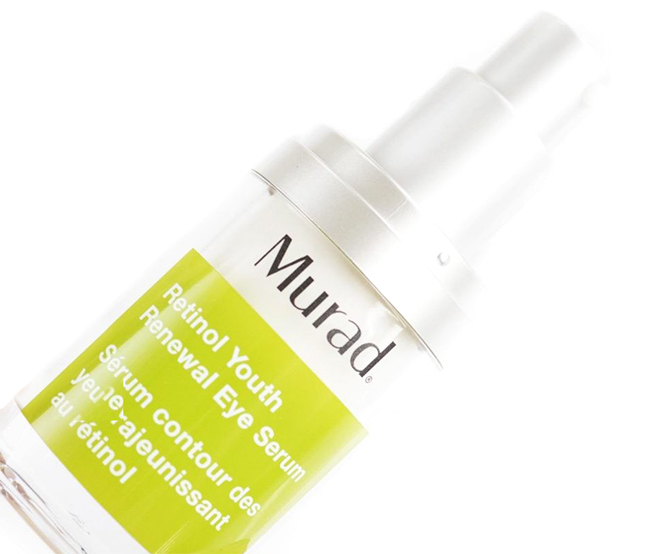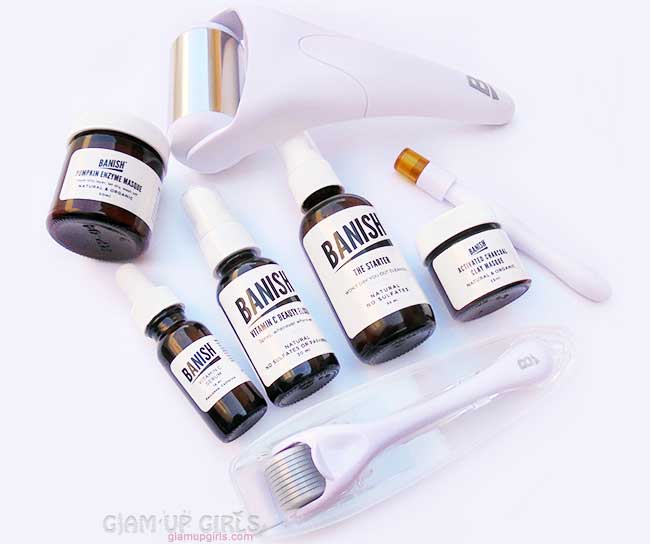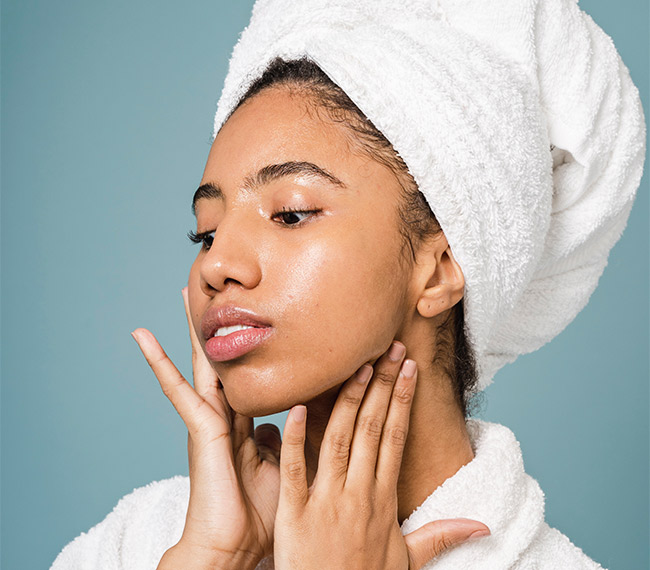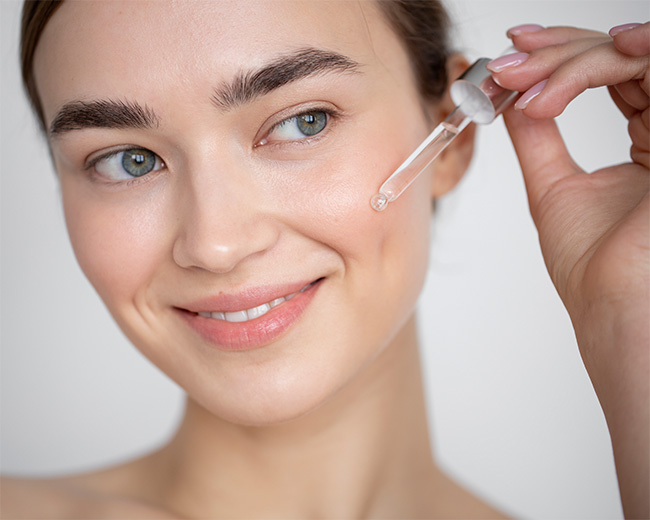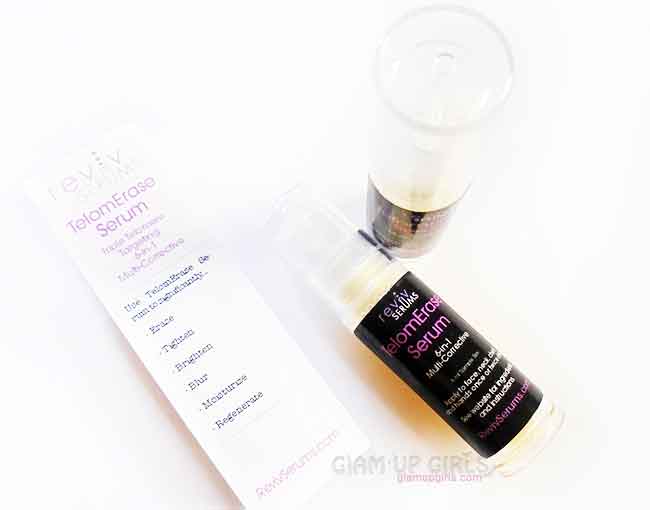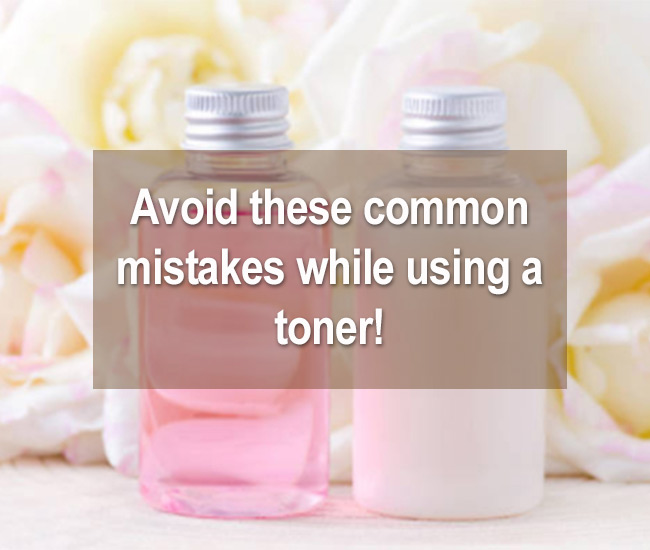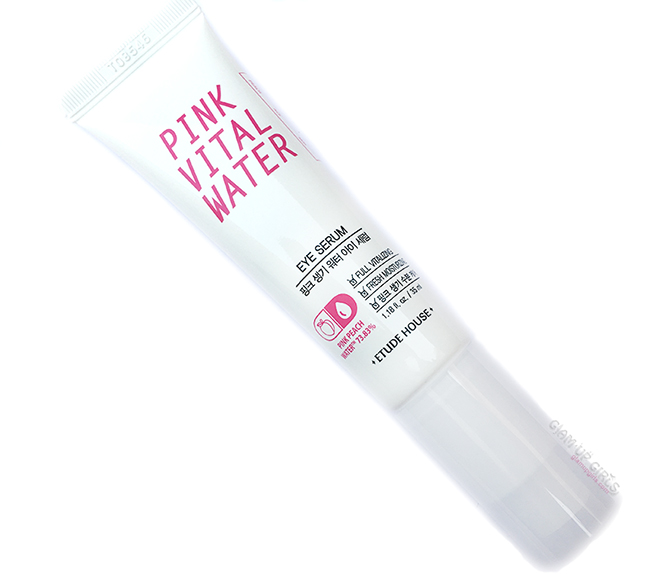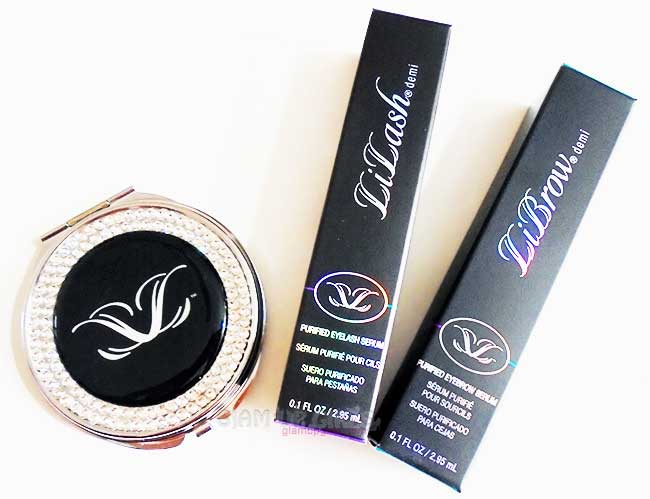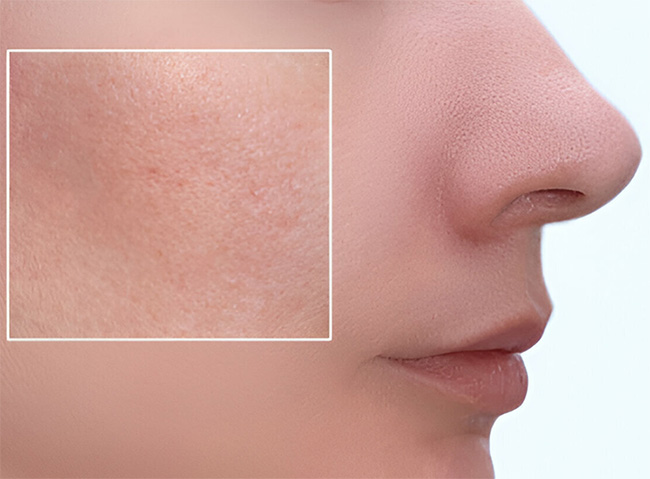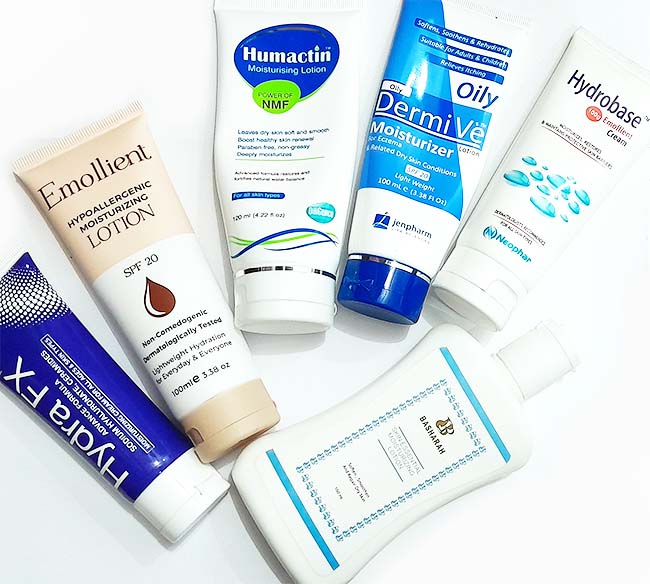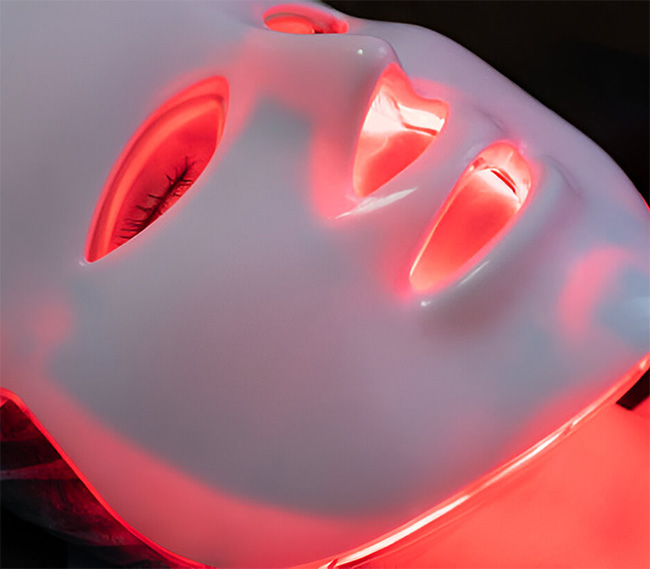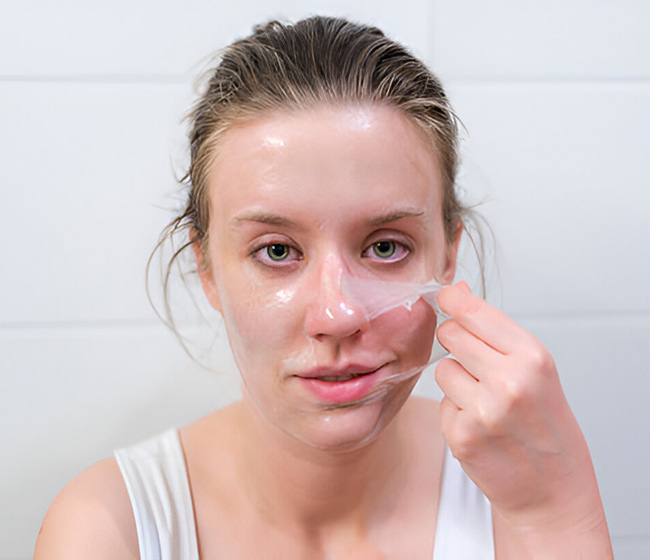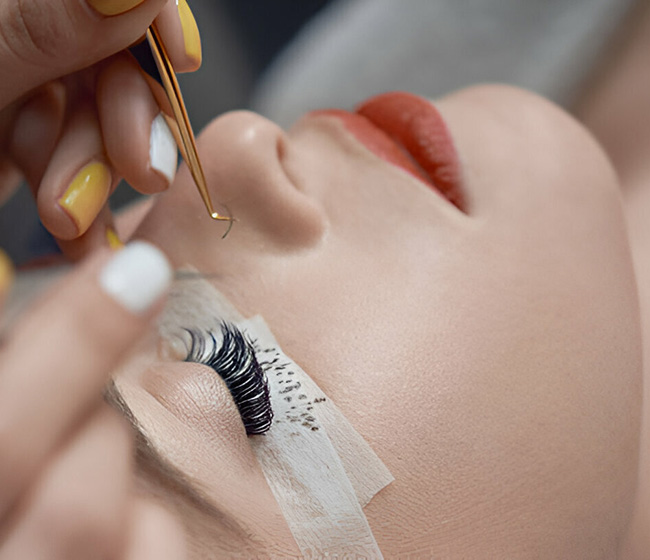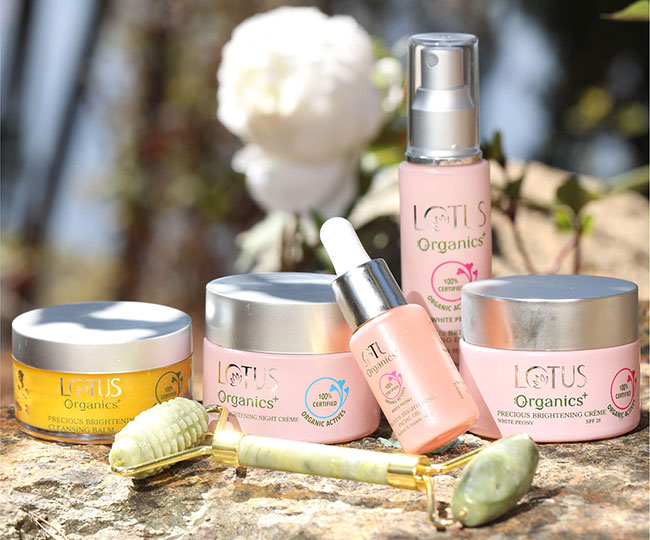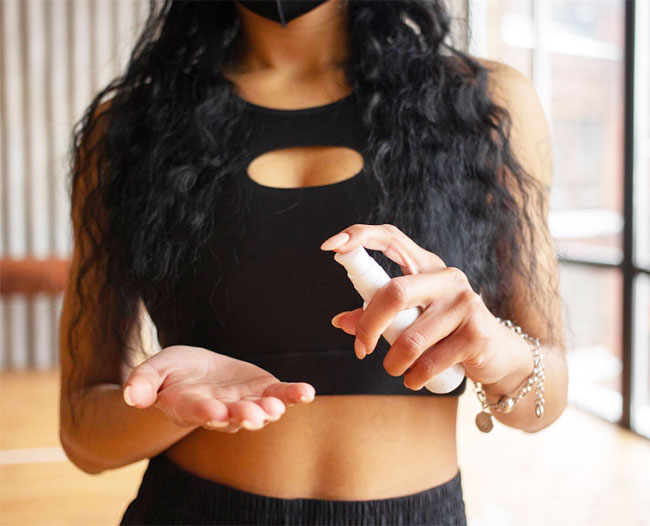1. Insufficient Moisture in the Environment
Hyaluronic acid has the remarkable ability to hold up to 1,000 times its weight in water. However, this moisture-retaining capability is dependent on external moisture. In dry or low-humidity environments, hyaluronic acid may draw moisture from deeper layers of the skin, leading to a reverse effect of dehydration. To optimize its effectiveness, it is essential to apply hyaluronic acid serum in a humid environment or follow it up with a moisturizer to lock in the moisture.
2. Incorrect Application Technique
The application technique plays a crucial role in maximizing the benefits of any skincare product, including hyaluronic acid serum. This serum works best when applied to damp skin. Applying it immediately after cleansing or while the skin is still slightly damp allows the hyaluronic acid to trap the moisture on the skin surface, enhancing its hydrating effects. Ensure that you gently pat the serum onto your skin instead of rubbing it vigorously, as rubbing can cause irritation and reduce absorption.
How to Apply Hyaluronic Acid Serum Effectively
- Cleanse face thoroughly
- Apply serum on skin while it is still damp
- Apply only one to two drops
- Gently pat the serum into skin and don't rub
- Apply moisturizer afterwards which is suitable to your skin
3. Mismatched Formulations
Not all hyaluronic acid serums are created equal. The effectiveness of a serum depends on the quality and concentration of hyaluronic acid it contains. Some products may have low molecular weight hyaluronic acid, which penetrates the skin better, while others may contain larger molecules that sit on the surface. Additionally, some serums may be formulated with additional beneficial ingredients, such as antioxidants or peptides, which enhance their performance. Assessing the formulation and choosing the right product suitable for your skin type and concerns is crucial to ensure optimal results.
Some Best Hyaluronic Acid Products
Lancome Hydra Zen Glow Lightweight Liquid Moisturizer with Hyaluronic Acid
L'Oreal Revitalift 1.5% Pure Hyaluronic Acid Serum
Cosmedica Skincare Pure Hyaluronic Acid Serum
Neutrogena Hydro Boost Hyaluronic Acid Serum
4. Underlying Skin Barrier Issues
If you have an impaired or compromised skin barrier, it can hinder the efficacy of hyaluronic acid serum. A healthy skin barrier is essential for retaining moisture and preventing dehydration. If your skin barrier is compromised, the hyaluronic acid may not be able to penetrate effectively or may evaporate quickly from the skin's surface. It is important to address any underlying skin barrier issues by incorporating a gentle cleanser, moisturizer, and barrier-supporting ingredients like ceramides and niacinamide into your skincare routine.
5. Expecting Instant Transformation
Hyaluronic acid is not a magical solution that delivers instantaneous results. It is a humectant that primarily works by attracting and retaining moisture, improving skin hydration over time. Its effects may be more noticeable with consistent and long-term use. Patience is key when incorporating hyaluronic acid serum into your skincare routine. Give it time to work its magic and evaluate its effectiveness over a period of several weeks or months.
While hyaluronic acid serum has gained a reputation as a skincare powerhouse, it may not work equally for everyone. Factors such as the environment, application technique, formulation, underlying skin barrier issues, and unrealistic expectations can contribute to the serum's lackluster performance. By understanding these aspects and making necessary adjustments, you can maximize the benefits of hyaluronic acid serum and achieve the healthy, hydrated skin you desire. Remember, skincare is a journey, and finding the right combination of products for your unique skin needs is a process of experimentation and adaptation.

